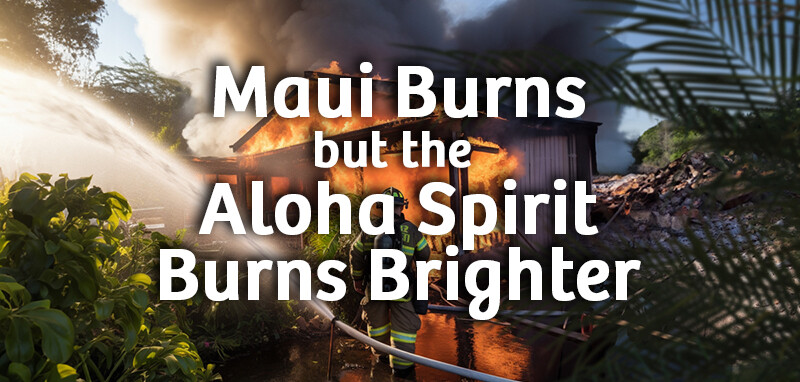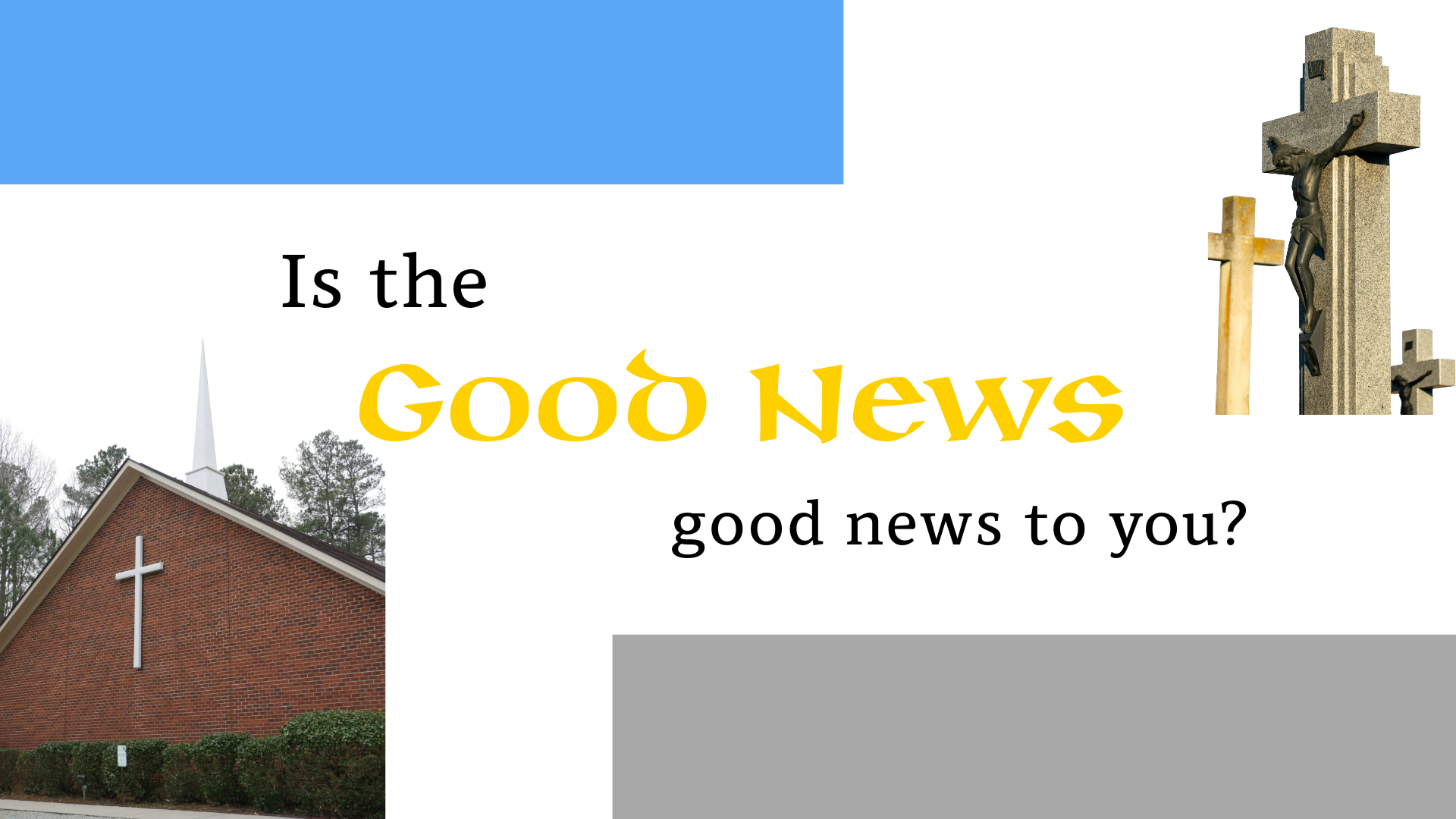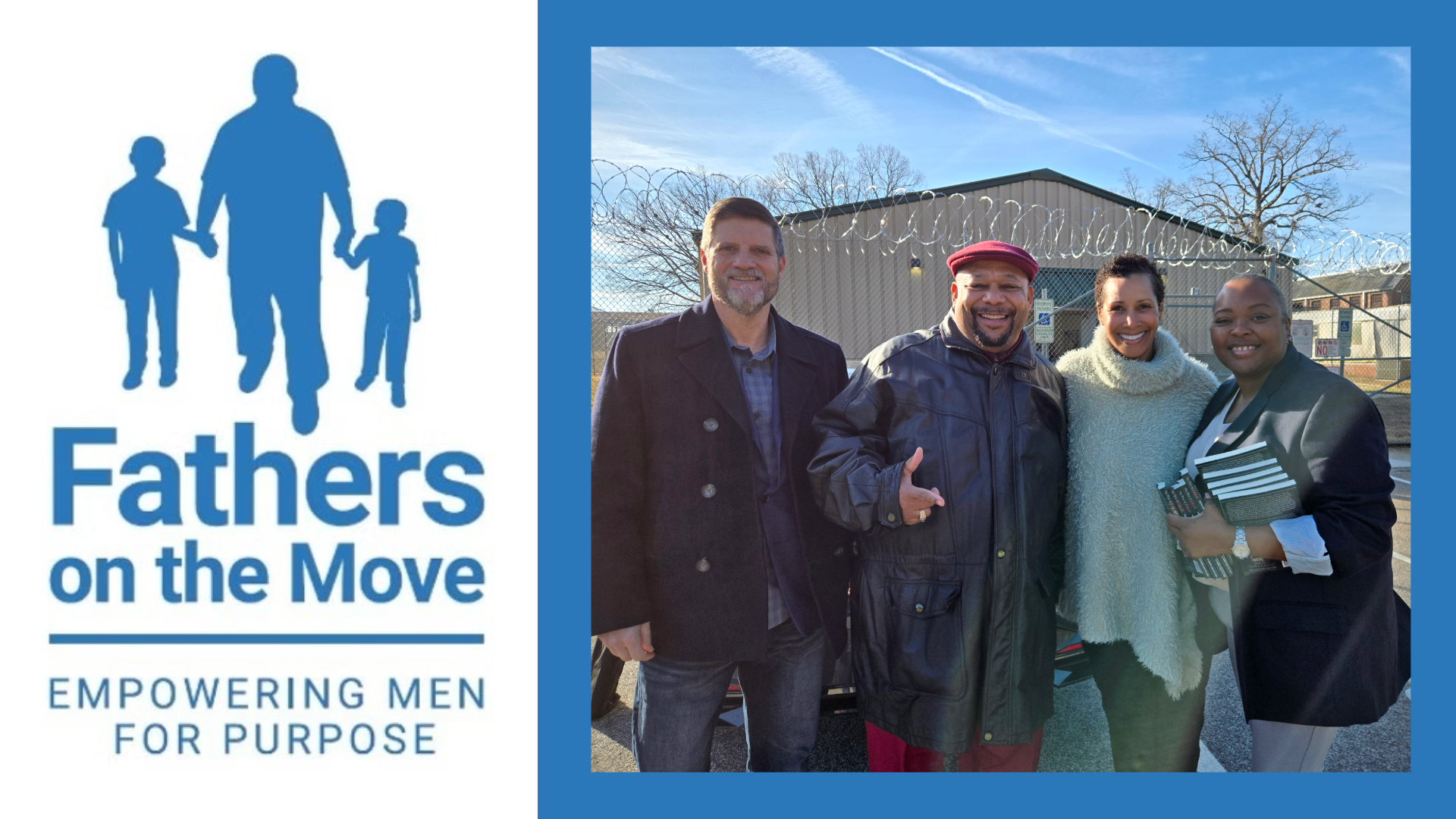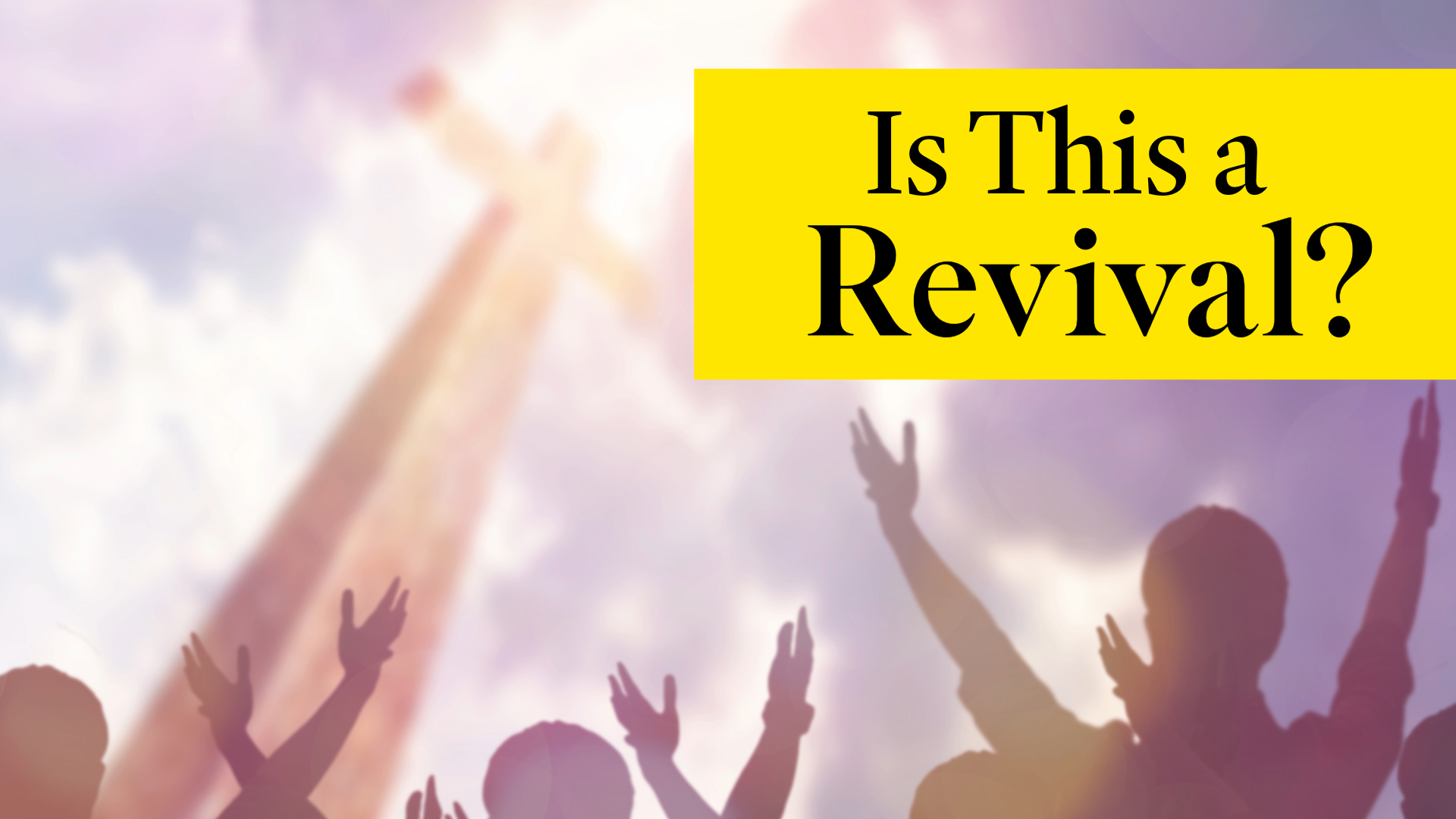
On August 8th, early in the morning, a brush fire was reported in the hills of west Maui, close to the town of Lahaina. By 5 P.M. that day, the town of 13,000 people was engulfed in flames. An estimated 2,200 builders were lost, and close to 5,000 people were displaced. Due largely to the immense winds from Hurricane Dora, as high as 80 miles per hour, the flames spread quickly, and people had very little warning. Some had none. It seems that the vast majority of the damage was done in just two hours, as high winds kicked up the flames and smoke. Testimonies from people on the ground describe an almost apocalyptic scenario, where the sun was blotted out of the sky by thick smoke, and fires chased people and their pets down traffic jammed roads. Buildings topped around them, and cars exploded. As the flames moved through the town, some residents of Lahaina were able to squeeze out the sides, going North or South to shelters, but many were caught, forced toward the shore, being smashed between crashing elements of fire and water. The same winds that gave life to the fire was also riling up the ocean. Those who made it to the shore weren’t just standing in knee high calm water, but rolling waves.
Now, more than a week later, the immediate danger of the fire itself is mostly taken care of, but residents of Lahaina have new dangers. Hazardous chemicals, loose debris, and access to clean water are more present threats. Thankfully, the needs of the people are and have been met by the generosity of other locals, non-profits, and even for-profit companies. There are widespread accounts of hotels sending guests home to make room for locals who have lost their houses. The local, state, and federal governments have also been working alongside the military to contain the damage, comb through debris in search of bodies, provide resources, and offer assistance.
Speaking with Pastor Kahu David Kapaku and his wife Kenda, missionaries from the CGGC and pastor of Kahana Door of Faith Church in Lahaina, the emotions are high. They are both okay, and all of their physical needs are met, but there is an immense feeling of sadness for the scale of the destruction. “You know once in a while, it hits us throughout the day,” Pastor Kapaku said. “Just the idea of the decimation of Maui, and the west side where we live, there are just so many losses. Even at night, we think about it and we try not to. But you can’t help… you can’t help thinking about what’s going on. Sometimes you just break down and cry.”
Kenda Kapaku also spoke about the weight that the church is bearing right now, even for those people who are safe. “Of course, it’s overwhelming and the people in our church are not fine. It’s a lot to carry right now.” Kahana Door of Faith Church resides right next to the ocean in Lahaina, and thankfully their church, along with another historic Catholic church, were spared, and continue to help the local people as resource gathering places.
There is a recognition that the situation could have been much worse. Kenda Kapaku mentioned during our interview that, by the grace of God, school was set to start the day after the fire came through. “If all the kids had been in school that day, they would all be gone. The teachers, the parents that were coming to pick them up... there would have been so much more traffic on the streets,” she said, tearing up. “I’m just thinking what it could have been if God would have allowed it to happen one day later. So, we thank Him for His grace in that.”
Lahaina was also a place of great historic importance to the Hawaiian people and, unfortunately, many of these ancient places have been lost in recent days. Pastor Kapaku said of these historic places that they are of course meaningful, and that they respect their Hawaiian history, but that “As far as cultural things, that is only a byproduct of the Hawaiian people,” implying that the Hawaiian people are what we need to be focused on. “Historical places are, for me, mile markers in the journey… We need to establish our own mile markers. So, we can know who we are. We have to start making our mark. When we are at our own mile marker, 100 years later, future generations will look back and know who we are.” Pastor Kapaku’s feels that Hawaiian people, with their Aloha spirit, are defining themselves today through their resilience. The way they have organized on their own to protect, care for, and rebuild their home will be one of the lasting historical markers that Pastor Kapaku foresees future generations paying homage to.
Opportunistic people from outside of Hawaii were also ready in mass to exploit the damaged property of Lahaini. Offers came pouring in within a day to purchase the damaged land from the people who had just lost everything. A vulture-esque offer, thinly veneered with charity, to buy up cheap land in the midst of a crisis from people who might just be desperate enough to sell. Even before this disaster, native Hawaiians are already disproportionately affected by economic woes on Maui and the other islands, often priced out of their own native lands by businesses and wealthier people from the continental United States. There’s a certain insult to injury in exploiting the refugee that biblical prophets were prone to rail against.
When asked about what we can do from the continental 48 states, Pastor Kapaku was clear, the majority of the work will be in the coming weeks and months as people begin to rebuild their lives. As insurance money runs out, as government assistance dries up, and as charitable givers start to forget and move on, the people in Lahaina will still be struggling to rebuild their home. People who were once entirely self-sufficient in Maui have lost their homes, their businesses, and effectively their entire livelihood. “The bulk of help will come after the smoke has cleared,” Pastor Kapaku said. “Financially, it's going to take its toll.”
Pastor Kapaku continued: “So a lot of people, their employment has been affected by the fires, and we want to look at the funding that comes into Kahan Door and we want to help the family that’s hosting [them], with some of the bills that they may be incurring, food, electrical, those kinds of things. I’m looking at a temporary relief for the people that have been affected… It’s in the meantime, in the rebuilding process, that the people are going to need help.”
If you want to help, the CGGC has an emergency relief fund that goes directly to Kahana Door church to help the people in their community.
CGGC eNews—Vol. 27, No. 33





Login To Leave Comment